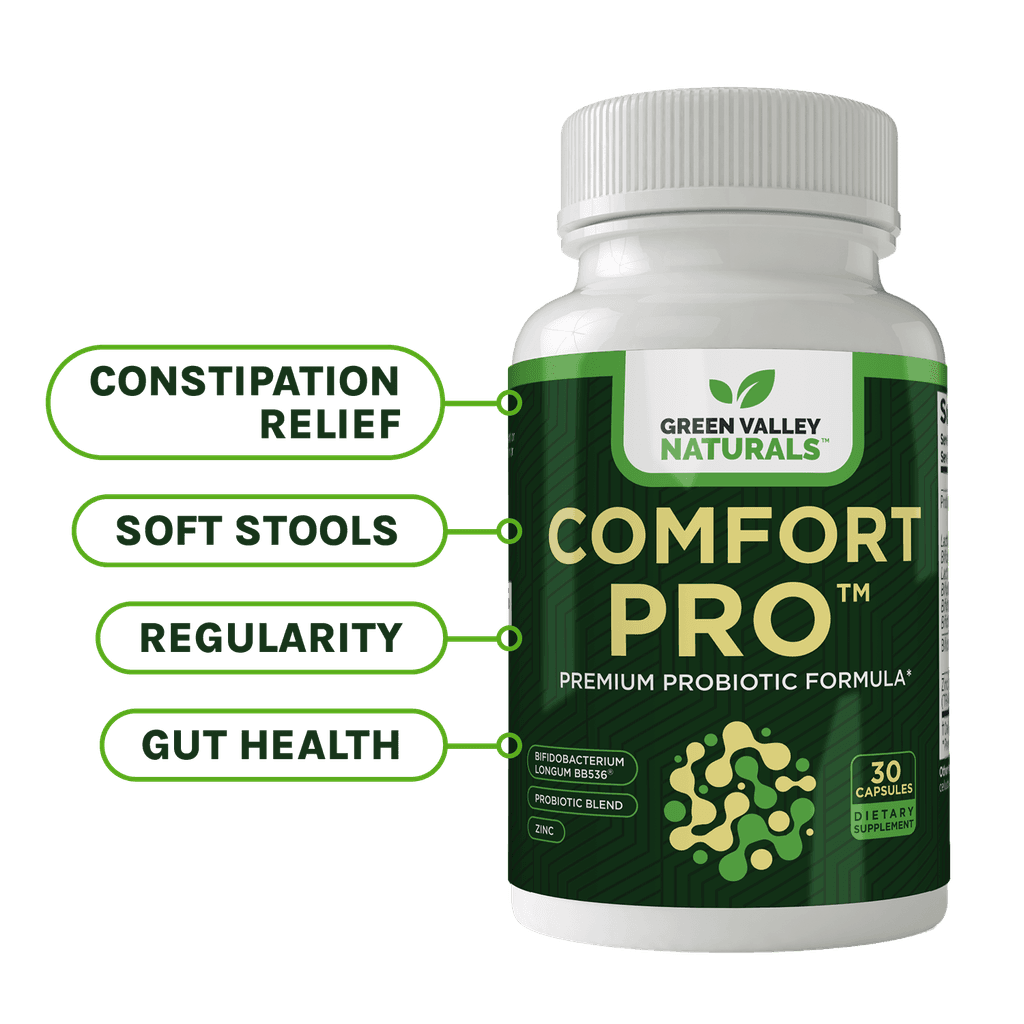Breaching the Barrier
When everything is functioning as it should, the thin mucosal layer that coats the inner lining of our intestines, along with cells in the intestinal walls, allow nutrients into the bloodstream but keep out microbes and large molecules (such as those from food that is not completely digested). If large molecules or undigested food particles do pass through, they can wreak inflammatory havoc in the body. For most of our lives and under most circumstances, this barrier does its job effectively. As you get older, however, this barrier starts to break down. According to researchers at the Buck Institute for Research on Aging, this gradual disintegration is connected to epigenetics, the activation or deactivation of certain genes by exposure to factors from outside the cell. A gene called dMyc may be gradually deactivated in intestinal cells during aging. As a result, neighboring cells sense that the dMyc-deficient cells aren’t working right, and eliminate them. Then, as more and more cells in the intestinal wall are destroyed, openings appear that spur on leakiness. In lab tests, the Buck researchers discovered that cutting back on the amount of food we take in could potentially slow or reverse this process and keep the digestive tract from becoming too leaky.1 "The possibility that dietary restriction, or the use of dietary restriction mimetics (drugs that imitate the effects of dietary restriction), could help prevent this decline in humans opens a new area of research that could influence healthspan and longevity,” says researcher Pankaj Kapahi, Ph.D.Stress Messes up Your Gut
Stress is another big factor that increases leaky gut, say researchers at Ohio State. In their investigations, they found that married people who quarrel a lot are especially prone to having leaky guts.2 "We think that this everyday marital distress – at least for some people – is causing changes in the gut that lead to inflammation and, potentially, illness,” says researcher Janice Kiecolt-Glaser, who directs Ohio State’s Institute for Behavioral Medicine Research. In their tests, the Ohio scientists discovered that women and men who exhibit more hostility during “discussions” with their spouses generate increased blood levels of LPS-binding protein, a biomarker for leaky gut, compared to couples who get along better. And the levels of this protein were highest in participants who had histories of depression and other mood disorders and who had particularly stressful arguments at home. In addition, the people who had leaky guts also had higher blood measurements of LBP – which indicates bacteria circulating in the bloodstream – as well as C-reactive protein, a sign of inflammation. "With leaky gut, the structures that are usually really good at keeping the gunk in our gut – the partially digested food, bacteria and other products – degrade and that barrier becomes less effective," adds researcher Michael Bailey, Ph.D.Supplements for leaky Gut
Along with avoiding stress, researchers suggest another natural way to deal with leaky gut: probiotics.
Research demonstrates that beneficial bacteria play a crucial role in maintaining the integrity of the intestinal barrier. Probiotics work through multiple mechanisms to reduce gut permeability and prevent harmful substances from crossing into the bloodstream.
Studies show that specific probiotic strains strengthen the tight junctions between intestinal cells – the very structures that prevent leaky gut. These beneficial bacteria produce short-chain fatty acids, particularly butyrate, which serve as fuel for the cells lining the intestinal wall and help maintain the mucosal barrier.
Additionally, probiotics reduce gut inflammation by modulating immune responses and competing with harmful bacteria that can damage the intestinal lining. Research has found that regular probiotic supplementation can decrease levels of inflammatory markers associated with increased intestinal permeability.
Fermented foods like yogurt, kefir, sauerkraut, and kimchi are excellent natural sources of probiotics. For supplementation, look for products containing multiple strains, particularly Lactobacillus and Bifidobacterium species, which have been most extensively studied for gut health.
That's why Green Valley Naturals created ComfortPro: Premium Probiotic Formula with BB-536, the ONLY probiotic clinically proven in six human studies to support a healthy gut and alleviate the three biggest constipation problems at once.
For best results, take probiotics consistently and consider pairing them with prebiotic-rich foods like garlic, onions, and bananas, which feed beneficial gut bacteria and support a healthy intestinal barrier.
Another good supplement for gut health is the little-known pairing of zinc carnosine and bovine colostrum.
Researchers at the University of Plymouth demonstrated that zinc carnosine boosts the protection offered by the mucosal barrier that lines the intestines – and that the barrier is enhanced if you add bovine colostrum, a common supplement often recommended as an immune booster.3
I think these supplements, for many of us, are worth a try to keep leaky gut at bay. Other studies show we do tend to run short of zinc as we get older.4 Foods that are rich in zinc include grass-fed beef, free-range chicken, oysters, lobsters, pumpkin seeds, and almonds.

